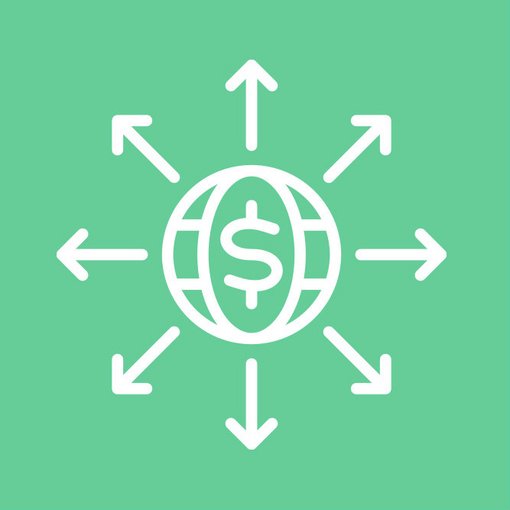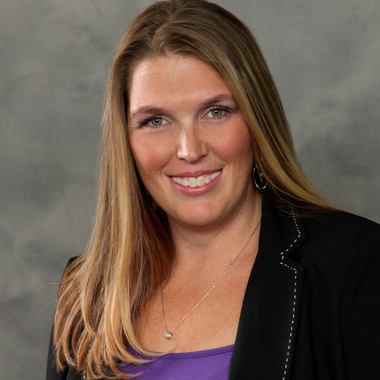
- Three minutes read
Payments 101 for merchants: The essentials
What you need to know about payment processing, from the overall payments environment through to understanding rates and fees and finding the right payment processor for your business.
Accepting online payments as a direct response business is appealing for many reasons, but if you are a new business owner with no prior payment processing knowledge, finding the right payment processor can seem daunting.
Below are all the essentials – what you need to know about payment processing, from the overall payments environment through to understanding rates and fees and finding the right payment processor for your business.
The Payments Ecosystem
When making a payment, you simply swipe your credit card to pay… it’s like magic right? In the world of mobile and with other innovative payments technologies coming out each day, it’s easy to think that nothing else goes into it. However, payment processing is made up of an entire ecosystem.
- Merchant – A merchant is a business entity, like you, that sells goods/services to consumers. The merchant has a contract with an acquiring bank or merchant processor to accept card payments.
- Gateway – A payment gateway offers merchants services to accept online payments with credit cards, debit cards, direct debit, bank transfers and real-time bank transfers.
- Risk Management – Payments companies work to protect your business with risk management tools and services. These tools include protection against chargebacks, which is the reversal of a sales transaction previously processed by your business; and assistance with PCI compliance and tokenisation, which is when credit card numbers are replaced with a randomly generated series of numbers and letters called tokens, which cannot be used to make fraudulent purchases.
- Processing – Payment processing can be applied to the processing of any kind of payment, and it has rules and regulations set out by the payment networks. It is the online process of the exchange of data and funds between the consumer, issuing card, merchant, the payment service provider and the acquiring bank.
- Acquiring – An acquiring bank is an alternative to a payment bureau. An acquiring bank is tied to the merchant/business, and enables merchants to accept payments online through their internet merchant service. When a consumer purchases something, the funds are deposited into the merchant’s bank account, which is held by the acquiring bank. They are not the card issuer, which is tied to the consumer.
- Credit Card Associations or Payment Networks – This term refers to the four major card brands, Visa, MasterCard, American Express and Discover. These networks regulate card acceptance rules including processing compliance requirements and interchange for their member financial institutions.
- Issuer – A card issuer is a bank or financial institution that issues credit cards to consumers on behalf of the card associations (payment networks).
- Consumer – A consumer uses a credit card, obtained from the issuer to purchase a product or service.
Understanding rates and fees
Payment processing fees are necessary because, as with any technology-heavy industry, maintenance and development are costly. However, with millions of transactions worldwide, the impact on any one merchant is contained.
- What is interchange?
Interchange fees are transaction fees that the merchant's bank account must pay whenever a customer uses a credit/debit card to make a purchase from their store. Interchange contributes to the largest portion of the credit card processing expense. The fees are paid to the card-issuing bank to cover handling costs, fraud and bad debt costs and the risk involved in approving the payment. Interchange fees are also sometimes called Dues and Assessments. These are set by the payment networks and are usually just passed along to the consumer without any added fees.
- What is a processor fee?
A processor fee is charged by the payment processing company for its service. The fees can be calculated in many ways. Some payment processors with their own gateways have the option of not charging a gateway fee to their customer. It is not uncommon for processors to charge different fees for services like NSF, Chargebacks and Address Verification to name a few.
Finding the right processor for your business
The ability to accept Card Not Present (CNP) payments and other electronic transactions is essential for your direct response business. Furthermore, in order to find the best bank for your business, it is important to choose a processor with strong banking relationships with multiple banks. And last but not least, it is essential to look for a payment processor that will truly be your partner and provide the right support and guidance, as well as the infrastructure for growth.
The support for growth is built upon the innovative products and services that a payment processor can provide. If they do not have a market-leading product offering that can be tailored to your needs, then perhaps they are not the processor for you. Critical products needed to process for direct response businesses are: domestic and international omnichannel payment gateway and virtual terminal solutions that can process through the internet, telephone, mail order/telephone order (MOTO), mobile, in-app, and in stores or on the go, and can easily be customised to integrate with any existing system.
If you find a payment processor that successfully fulfils all of the requirements in the payments value chain, then you may have found a winner.




